Whether you’re a start-up company with just a few employees or a large corporation with hundreds of employees, it is expensive and time consuming to hire and retain a good employee.
It’s challenging to tell if you have the right job candidate. While you’d think you could pick them out based on their resume or by screening them through an interview, those methods don’t always work. Have you ever worried that you made the wrong hiring decision? Are you consistently reexamining your hiring process? What is missing?
I have interviewed people who were exceptional on paper, but weren’t impressive during the interview. Or, I’ve hired people only to find out when they started the position that their knowledge wasn’t as expansive as one would imagine with the experience they had, or there were some distinct qualities necessary that were missing. On the other hand, I’ve hired individuals with limited experience, but who had a good interview and showed that they were eager to learn. Once they were in the job, they excelled quickly, and worked independently. Although those proved to be excellent hires, I almost didn’t hire them due to their lack of experience.
The cost of a bad hire
A bad hiring decision can have long-term effects on your organization. Initially, you will probably try to educate or coach the employee to improve performance, but if those methods don’t work, you may consider transferring the employee to a position that is a more appropriate fit or let the employee go. Consider that during the time, the employee has not performed at the level needed. Work isn’t getting done, and that is only going to be worse when while you look for a replacement. Then there’s the cost of recruiting and onboarding the replacement.
According to the U.S. Department of Labor, the cost of a bad hire is 30% of the employee’s salary. That doesn’t even consider other effects that an underperformer can have on your organization, such as increased employee turnover or customer loss.
How preemployment screenings fill the gap
The risk of making a bad hire—or of not making a good hire, is great. How can we minimize that risk? A pre-employment screening can help.
Once you have a job opening and establish the criteria of the expertise needed, as well as how you’ll measure that expertise, , you likely will know what characteristics, qualities, or traits you would like for the candidate to maintain.
This is where a preemployment psychological screening, or PEPS, is useful. A PEPS is an employment-based psychological evaluation, but not your typical vocational assessment. A vocational assessment helps determine an individual’s job fit, but a PEPS helps the hiring agency determine the best candidate fit. With a PEPS, a job analysis is performed by the evaluator before any interview takes place. Once that evaluation is done, the individual completes a PEPS to assess for cognitive, emotional, and personality characteristics that are a good fit for that position, or contra-indicated for that position.
Say for example that you’re hiring for an EMT. A job description would list the education and certification required, as well as physical requirements, (i.e. ability to lift patients). A vocational assessment might determine that a candidate wants to help people and enjoys variety in their day. But a PEPS would determine if the candidate would thrive in a job where life-saving decisions may have to be made, if they can stay calm in the middle of a chaotic environment and if they are psychologically resilient to work in repeated medical emergencies.
These critical aspects aren’t ones you’ll pick out from a resume or even from an interview. But a PEPS can give you this important information, helping you feel confident about your hiring decision and more importantly—increasing your ability to make a good hire.
Stay tuned: next, let’s discuss which industries need to use a PEPS most.







